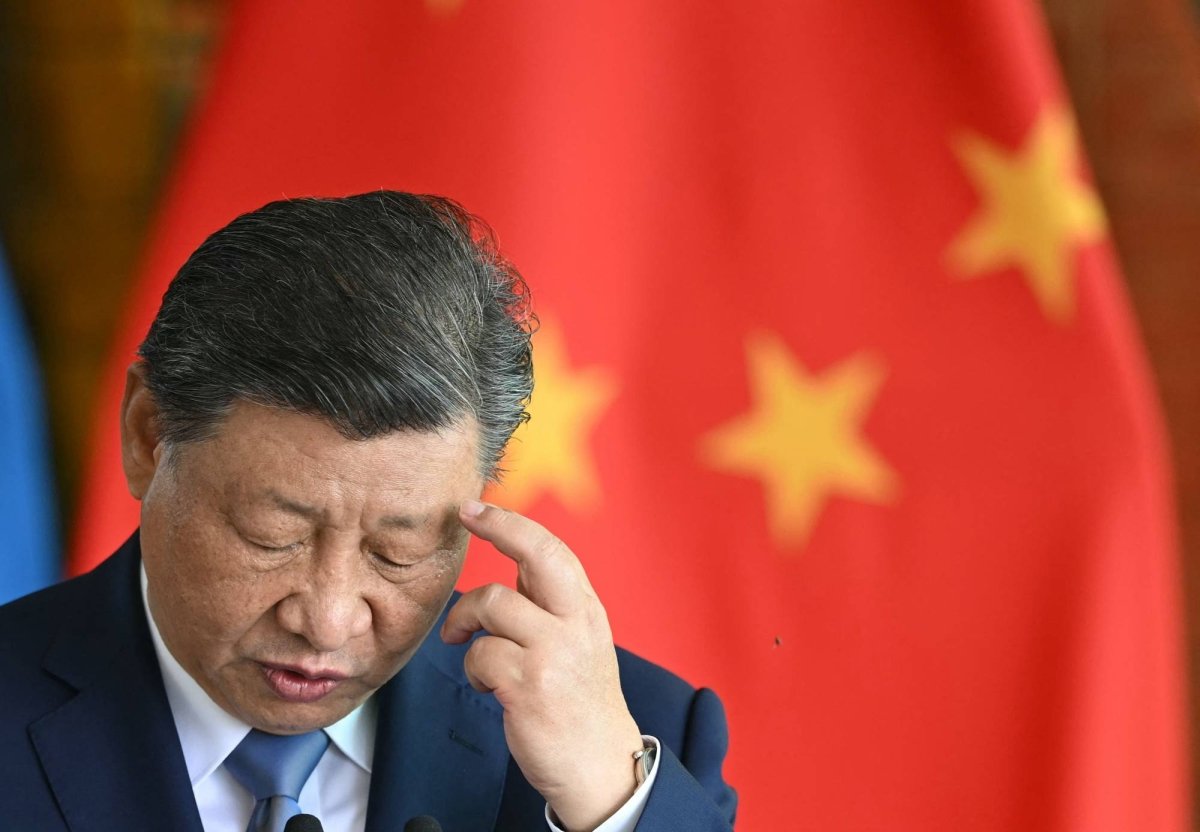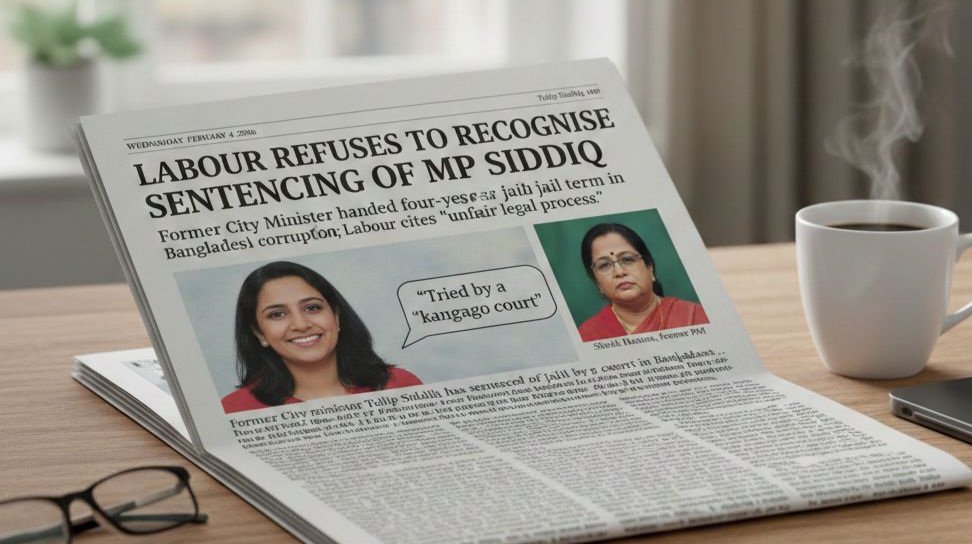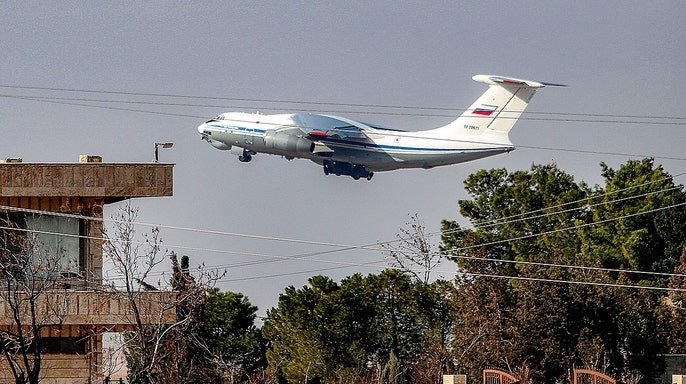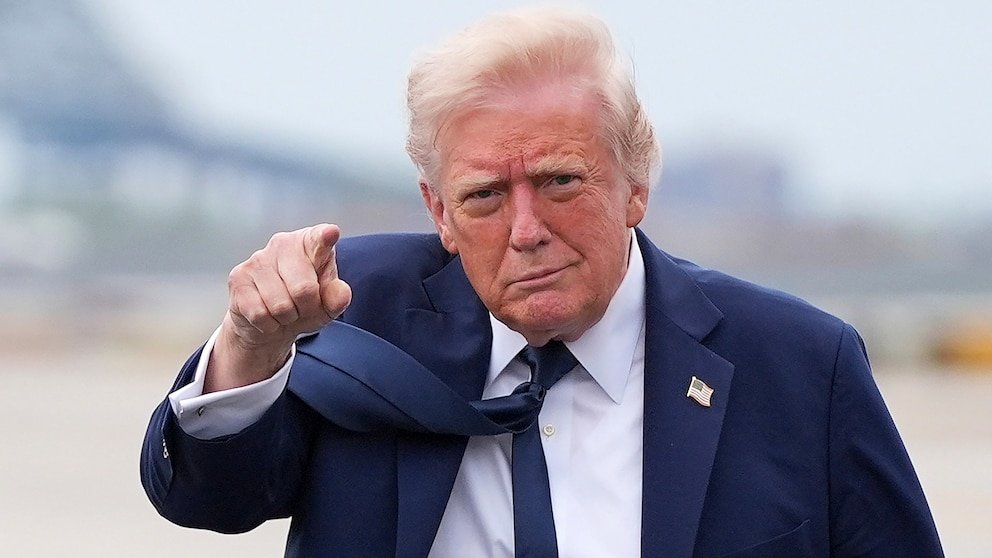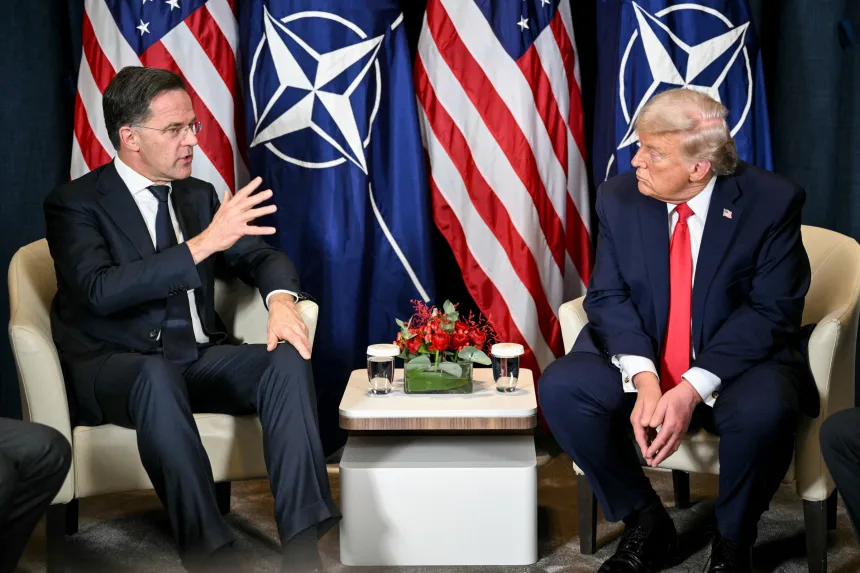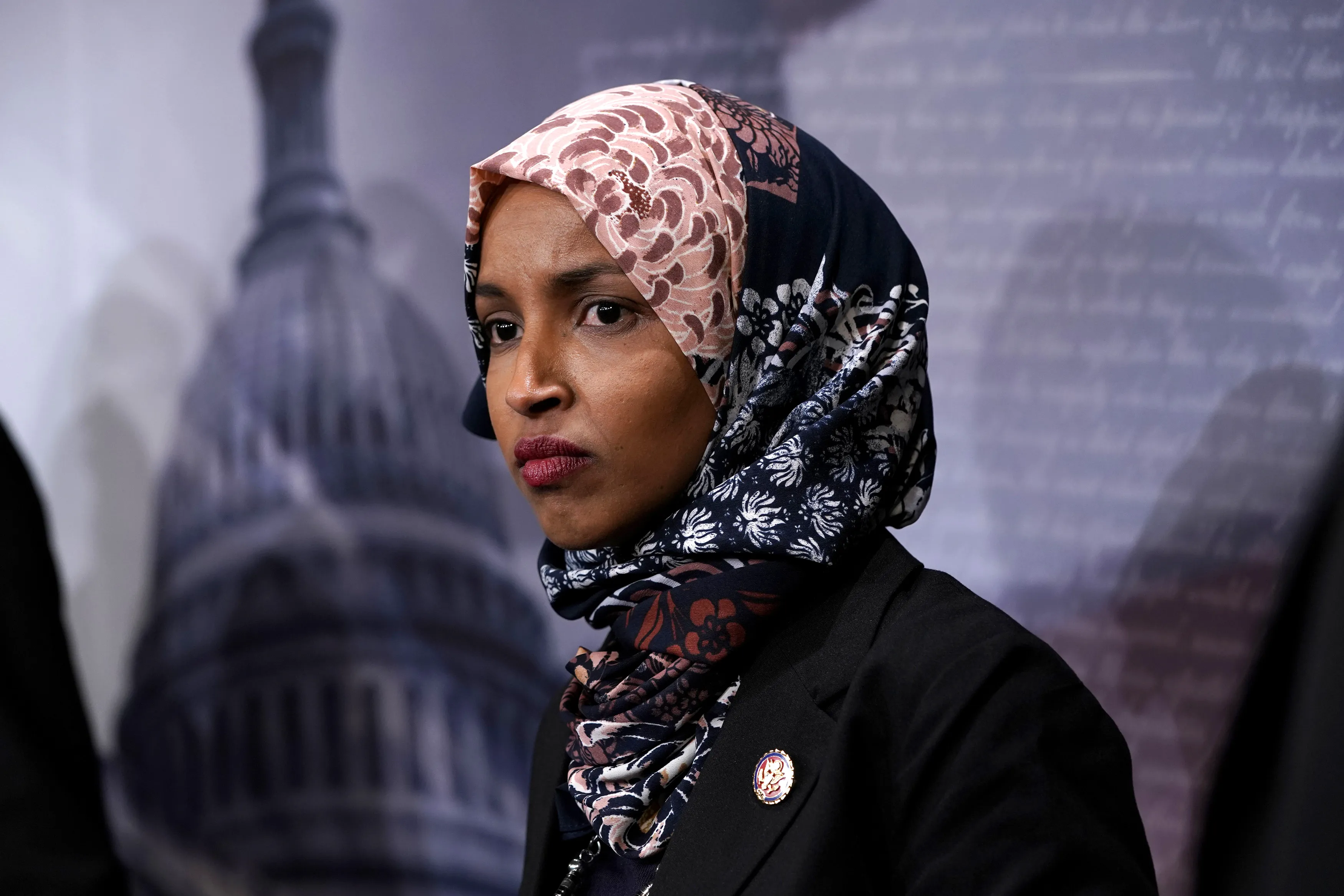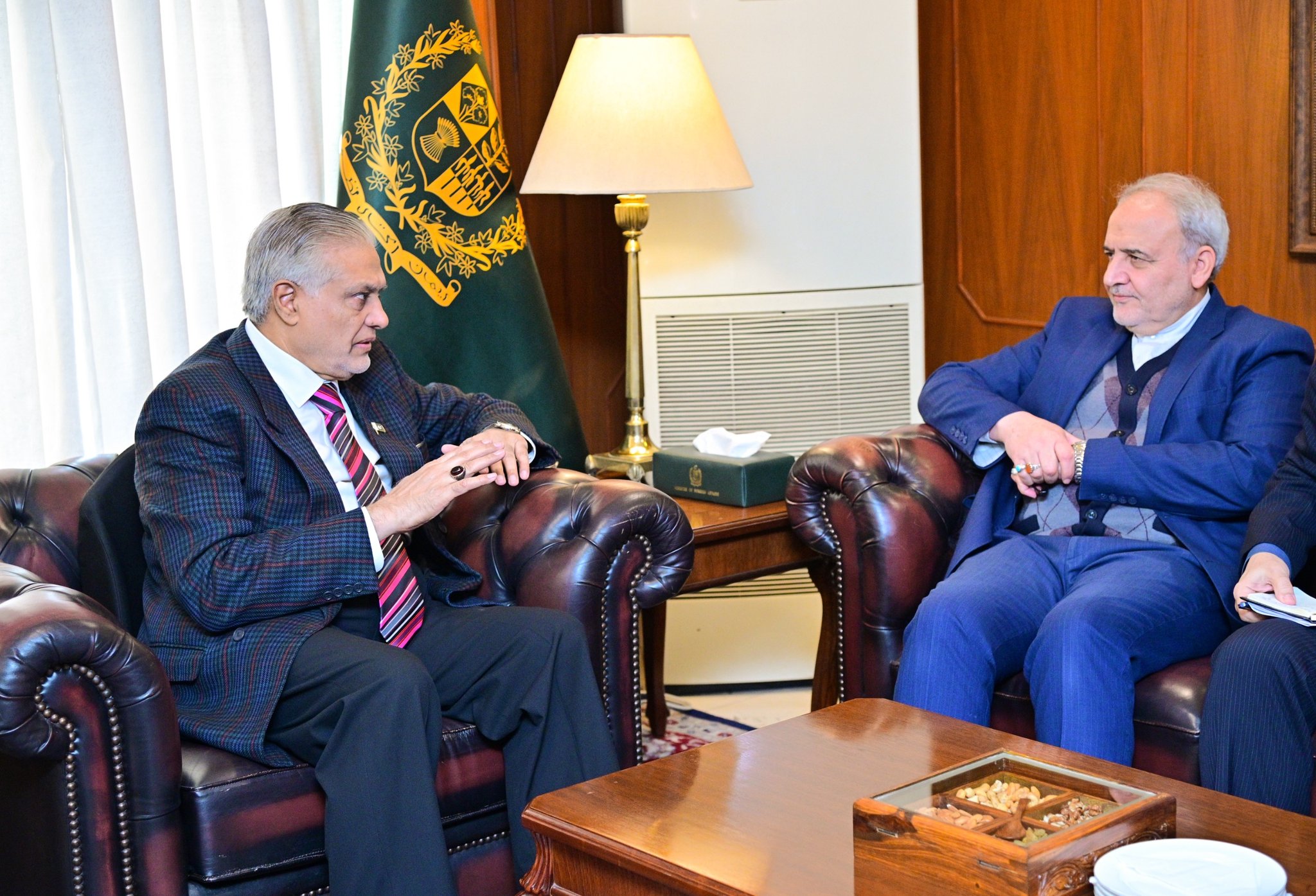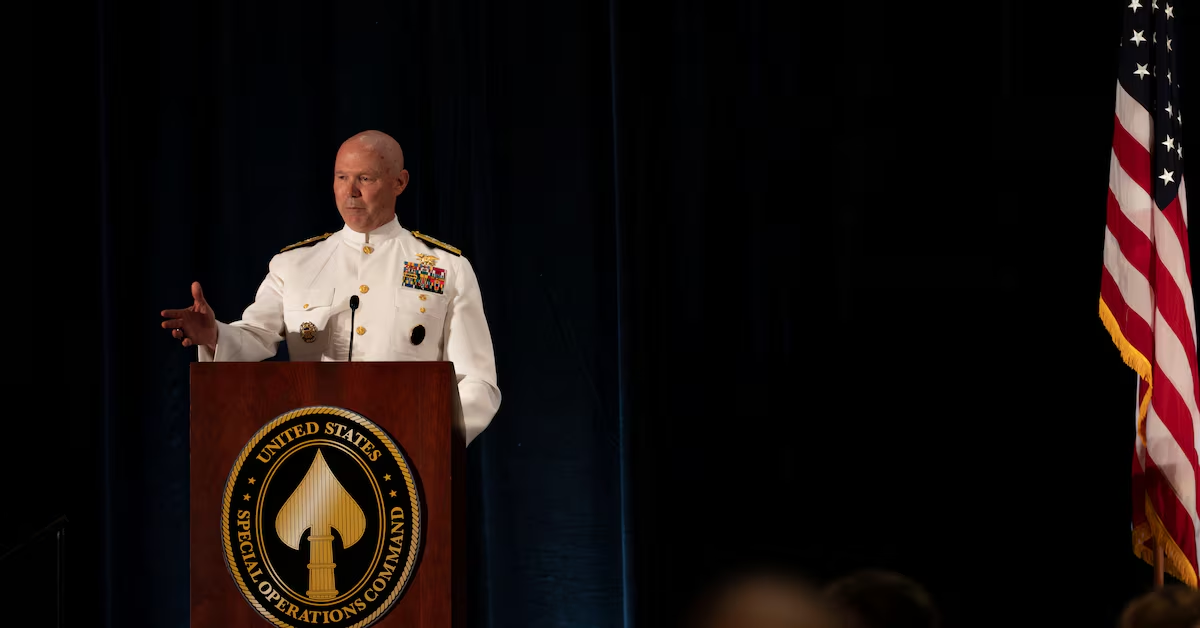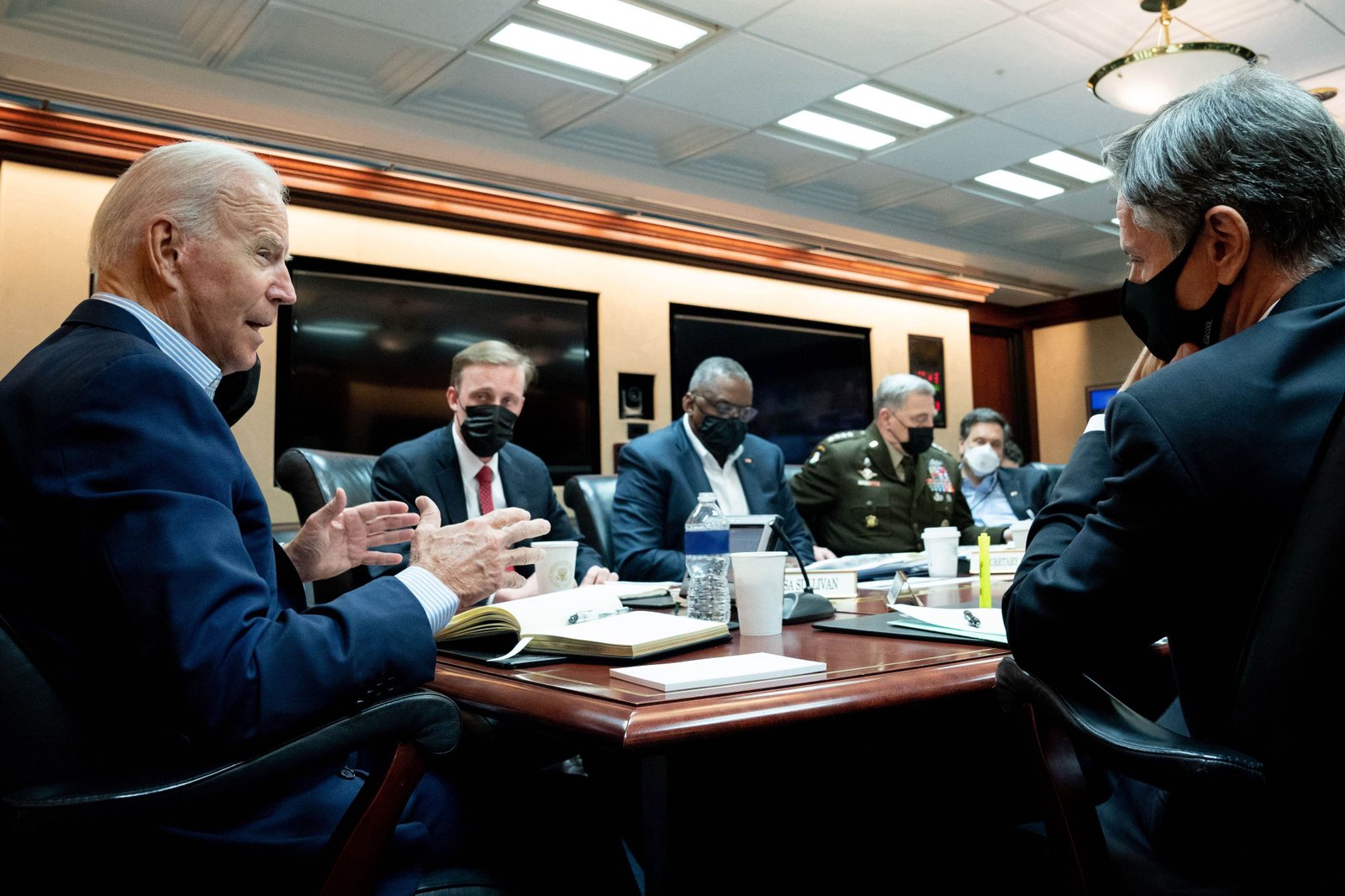Is Xi Jinping’s Dream of Being China’s ‘President for Life’ Fading Amid Decentralization, Internal Crises, and Public Discontent?
After more than a decade of unshakable authority, signs are emerging that Xi Jinping may be gradually stepping back. From skipping major international summits like BRICS to redistributing control within the Communist Party—analysts suggest that China’s most powerful leader since Mao Zedong could be preparing for a quiet transition. As the 2027 Communist Party Congress approaches, the question looms large: Is Xi’s dream of becoming “president for life” slowly fading?
Is Xi Jinping’s Dream of Being China’s ‘President for Life’ Fading Amid Decentralization, Internal Crises, and Public Discontent?
Is Xi Jinping’s Dream of Being China’s ‘President for Life’ Fading Amid Decentralization, Internal Crises, and Public Discontent?
After more than a decade of unshakable authority, signs are emerging that Xi Jinping may be gradually stepping back. From skipping major international summits like BRICS to redistributing control within the Communist Party—analysts suggest that China’s most powerful leader since Mao Zedong could be preparing for a quiet transition. As the 2027 Communist Party Congress approaches, the question looms large: Is Xi’s dream of becoming “president for life” slowly fading?
Recent reports indicate that Xi has begun to loosen his longstanding grip on the Chinese Communist Party (CCP). For the first time during his tenure, he has delegated certain key responsibilities to various party institutions and senior leaders. This is a noteworthy shift given Xi’s historical focus on centralizing power.
His declining presence on the global stage is also conspicuous. For the first time since assuming power, Xi skipped the BRICS summit in Brazil, instead sending a delegation led by the prime minister. He was also absent from the 2023 G20 summit. Perhaps most notably, Xi disappeared from public view for 14 consecutive days between May 21 and June 5, 2025—an unusually long and unexplained absence.
Another curious sign: A newly inaugurated revolutionary memorial in Shanxi Province omitted any mention of Xi’s father, Xi Zhongxun. Xi has long portrayed his family as part of the revolutionary legacy, so this omission has raised eyebrows among observers.
The Rise of a 'President for Life'
Since taking power in 2012, Xi has held three pivotal roles: General Secretary of the Communist Party, President of China, and Chairman of the Central Military Commission. He launched a sweeping anti-corruption campaign that led to the punishment of over a million officials and the removal of several top military leaders—further consolidating his control.
In 2018, China’s National People’s Congress amended the constitution to remove the two-term limit for the presidency, effectively paving the way for Xi to remain in power indefinitely. He was reappointed general secretary in 2022 and re-elected president for a third term in 2023.
However, Xi’s rule has been marred by multiple challenges. His handling of the COVID-19 pandemic sparked widespread criticism. Despite the virus being detected in late 2019, Xi did not publicly address the issue until January 20, 2020—a delay that many experts believe wasted a critical window to contain the outbreak.
Economically, China’s growth has slowed under his leadership. The GDP growth rate was 7.8% in 2013, but it has steadily declined since. Xi’s ambitious promise to double the economy by 2035 is now seen as increasingly unrealistic.
Notably, Xi has yet to name a successor—unlike previous leaders. Even in 2017, he did not promote anyone as a clear “heir apparent.”
This uncertainty leaves political analysts divided: Is Xi truly preparing for a gradual exit, or is this merely a strategic pause in his authoritarian trajectory?


